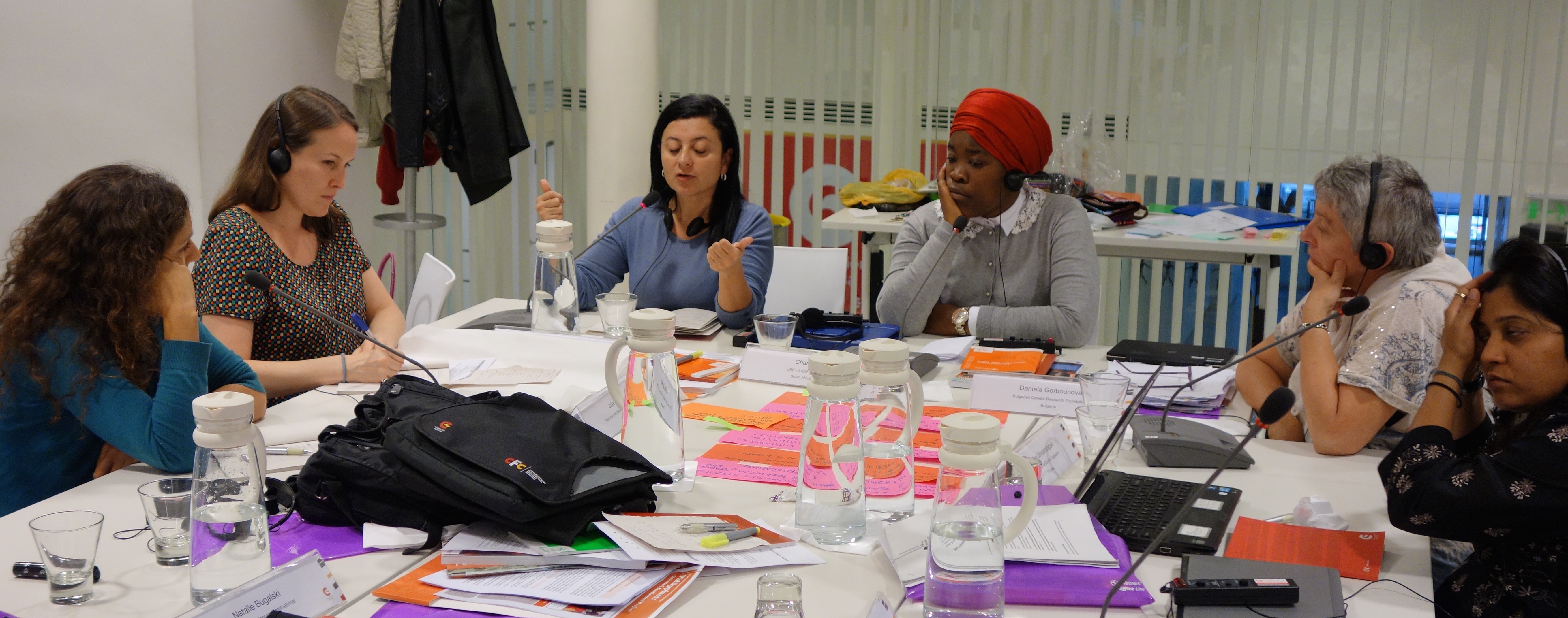The Economic Policy Working Group (EPWG) maps members’ advocacy activities related to economic policy and human rights
In an effort to re-evaluate the strategic direction of ESCR-Net’s collective work on economic policy and human rights, the Economic Policy and Human Rights Working Group (EPWG) has initiated a mapping exercise to gather information on the advocacy activities related to economic policy that members and close partner organizations are undertaking at the local, national and international levels. The mapping exercise was designed to identify the motivations informing these activities as a means to highlight intersecting priorities and approaches that could be a foundation for future collective work facilitated by the EPWG.

The first phase of the mapping was dedicated to the identification of ESCR-Net members and partners working on economic policy issues. Approximately 70 organizations were identified in different regions of the world, including social movements, women’s human rights organizations, groups advocating for low-income workers and representatives of indigenous peoples.
To facilitate an outreach phase, a basic questionnaire was developed related to key economic policy issues, strategies used to engage in these issues, challenges and gaps identified in the field, as well as the fundamental vision of the organization regarding economic policy and human rights. Thus far, thirty-six groups have participated in online and in-person individual consultations. To date, the following ESCR-Net members have engaged in the mapping process: APWLD, AWID, ISER, ANND, Al-Haq, Otros Mundos, Equipo Pueblo, CCP, NAFSO, CIMARRON, among others. The information gathered is serving as the basis for reflection and analysis on opportunities for future collective work facilitated by the EPWG.
Within the next several months, members and partners interested in collectively building a strategic analysis and vision for the EPWG will be invited for an-in person meeting. In these meetings, participants will contribute to a collective analysis and vision of priority issues, and form a new EPWG Steering Committee. Through this dialogic mapping process , the EPWG aims to create a space in which ESCR-Net members and partner organizations can advance advocacy activities and campaigns with the capacity to challenge a global economic order that imposes harmful economic policies that undermine human rights, in particular, economic, social and cultural rights. The mapping will also serve as a tool to identify and highlight the multidimensional aspects of the human rights impact of economic policies. Based on the consultations conducted during the outreach phase, it is clear that economic policies are resulting in differentiated impacts on certain groups, including indigenous peoples, low-wage workers, people of African descent, migrants, women, as well as other groups in all regions of the world. Furthermore, the impacts of these economic policies cut across a wide range of human rights, especially economic, social and cultural rights.
If you are interested in being part of this mapping process, or for more information, please email tbejar@escr-net.org.
